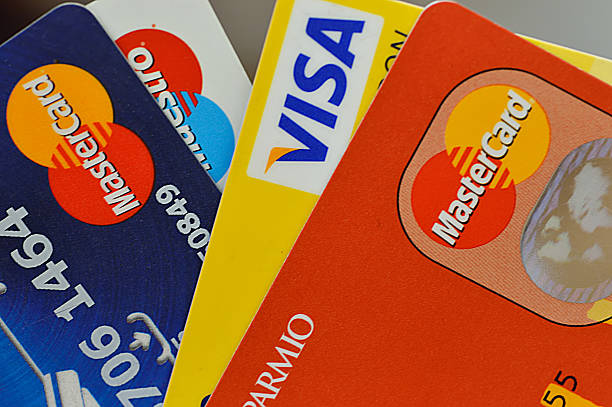

Pakistan Implements Significant Tax Hike on Card Transactions to Strengthen Foreign Exchange Reserves
In a bid to bolster its foreign exchange reserves and control the outflow of dollars, Pakistan has recently announced a substantial increase in taxes on payments made through debit or credit cards. The new tax regime, which came into effect in June 2023, has been met with some misunderstanding and criticism, but the government remains optimistic about its positive effects.
The 400% Increase in Context
To clarify the matter, the 400% increase does not represent the actual tax rate to be charged on card transactions. Rather, it denotes the rate by which the tax rates have been raised from their previous levels. Prior to the recent amendments introduced through the Finance Act of 2023, individuals on the Active Taxpayers List (ATL) (filers) were subject to a withholding tax rate of 1% on payments to non-resident entities, while non-ATL individuals (non-filers) faced a rate of 2%.
With the new changes, the actual tax rate now stands at 5% for individuals on the Active Taxpayers List (filers) and 10% for non-ATL individuals (non-filers) on payments made through debit or credit cards to non-resident entities (which means for all international shopping like Amazon, Ebay and Ali Express and subscriptions like Netflix, Spotify etc). The government aims to encourage individuals to explore alternative payment methods and reduce their reliance on debit or credit cards when dealing with non-resident entities. By doing so, Pakistan seeks to control the outflow of dollars and stabilize its foreign exchange reserves to strengthen the overall financial position and economy of the country.
Objective of the Tax Hike
The primary objective of this substantial tax increase is to address the issue of foreign exchange outflow, which has been significantly impacting the country's foreign exchange reserves. The Federal Board of Revenue (FBR) identified payments to non-resident entities as a major contributing factor to the outflow of foreign exchange from Pakistan. This prompted the FBR to take proactive measures to conserve foreign exchange reserves and enhance the country's economic stability.
By incentivizing the use of more regulated payment methods and reducing reliance on card transactions for non-resident payments, the government aims to discourage unnecessary outflows and promote a more transparent and regulated financial environment. The increase in tax rates is not intended to burden individuals or businesses but to encourage responsible financial practices and contribute to the overall economic well-being of Pakistan.
Impact on the Economy and Concerns Raised
While the government remains optimistic about the positive effects of the tax measure, some concerns have been raised by critics, particularly regarding its potential impact on individuals and businesses engaged in cross-border transactions. Critics argue that such a significant increase in taxes could raise the cost of doing business and potentially deter foreign investments in the country.
It is essential to acknowledge these concerns and recognize that the government is closely monitoring the economic impact of the new tax regime. In the event of any adverse consequences, the government is committed to making necessary adjustments to strike a balance between curbing foreign exchange outflow and maintaining a business-friendly environment.
Implementation and Awareness
The tax increase on card transactions to non-resident entities has been in effect since June of 2023. To avoid misunderstandings and misinformation, the government and relevant authorities must take proactive steps to raise awareness about the true nature of the tax measure and its objectives. Clear communication to the public, businesses, and financial institutions will help to alleviate confusion and foster support for the government's economic policies.
Conclusion
Pakistan's move to increase taxes on card transactions involving non-resident entities is a significant step aimed at strengthening the country's foreign exchange reserves and overall financial position. The 400% increase in taxes is not the actual tax rate but signifies the rate by which the tax rates have been raised from their previous levels. By encouraging the use of regulated payment methods and reducing reliance on card transactions for non-resident payments, the government seeks to curb foreign exchange outflow and promote a more transparent and regulated financial environment.
While concerns have been raised about potential adverse effects, the government remains committed to monitoring the economic impact of the tax measure and making necessary adjustments as needed. Effective implementation and clear communication will be vital to ensure that the public, businesses, and financial institutions fully understand the objectives of the tax measure and support the government's efforts to strengthen Pakistan's economy.
I hope you found this article helpful. Please share it with others so that they can benefit from it as well.
Leave a Reply